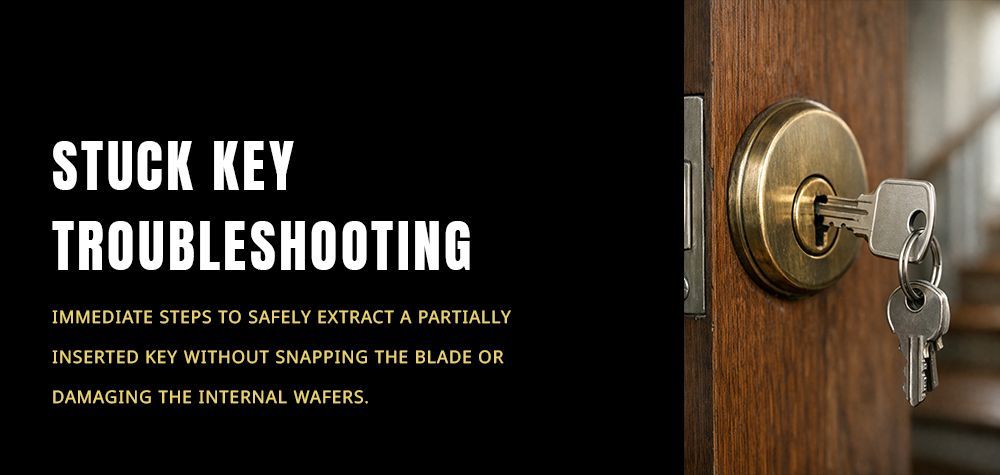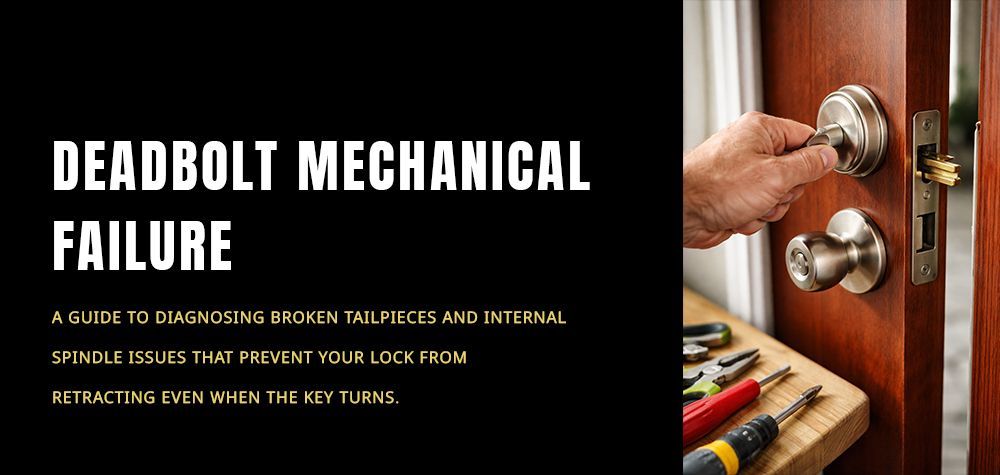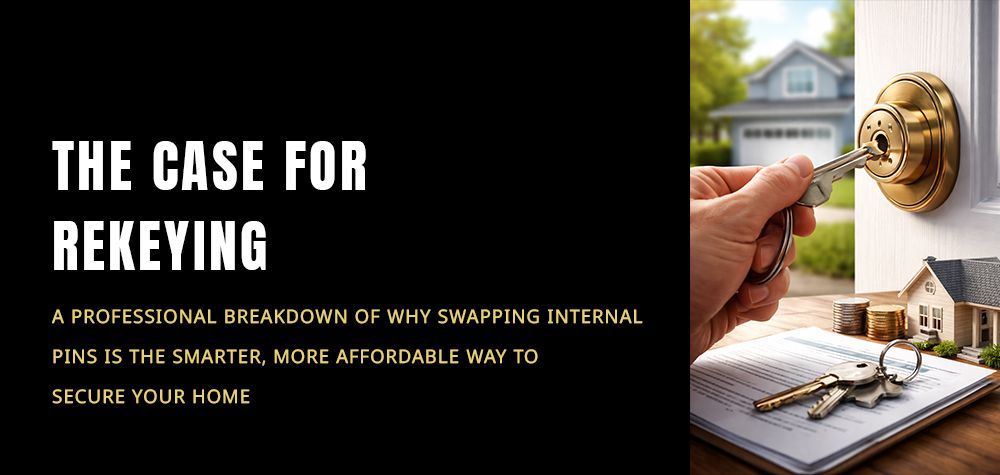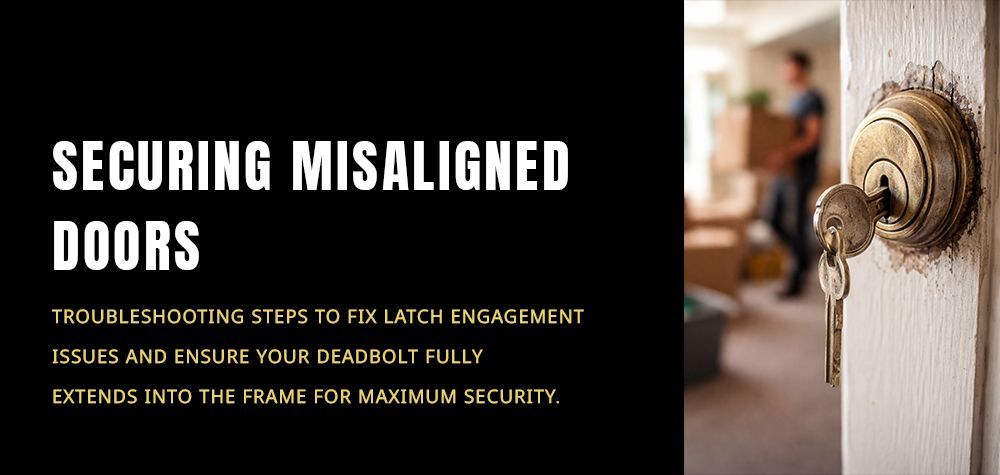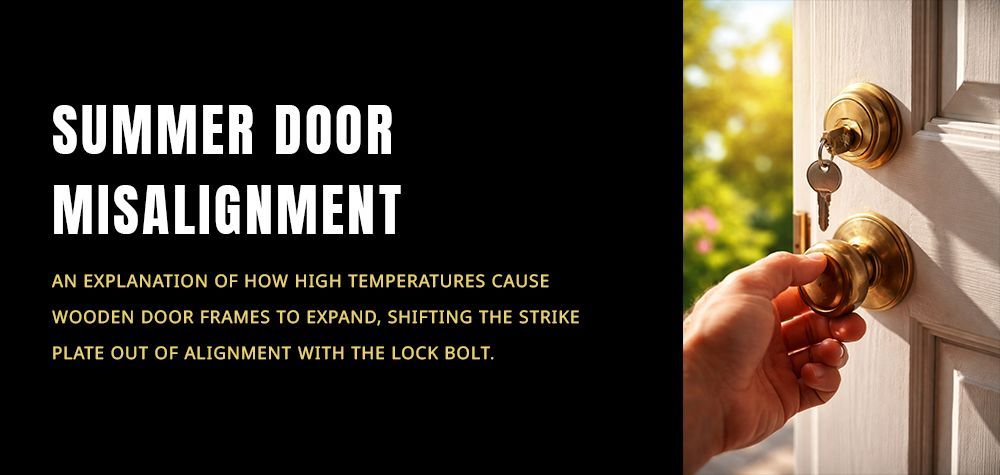Warehouse Security Tips: How to Keep Your Commercial Work Space Safe
May 18, 2022
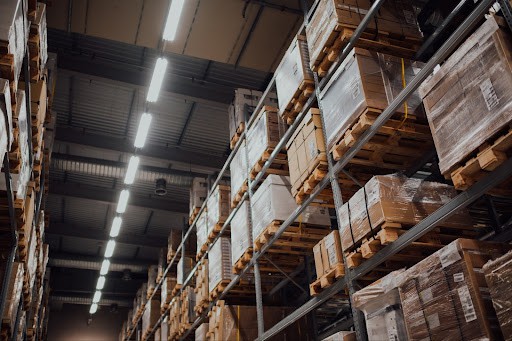
Between the high square footage and the abundance of products stored within their walls, warehouses are significantly vulnerable to theft. The number of goods found inside can be enticing to potential burglars and the vastness of a warehouse can provide ample opportunity for thieves to sneak around. However, if you implement these security measures, rest assured your building, your products, and your employees will be safe.
Here are a few things to consider when assessing the safety of your commercial warehouse.
Electronic and Biometric Locks
Though traditional locks may be appropriate in a typical office setting, they often won’t be a safe choice for a warehouse building. As the number of key copies grows, so does the risk of theft. Traditional keys can easily get lost or placed into the wrong hands.
Electronic locks allow access through a passcode, which closes the gap for who can access a building. Not only does it eliminates the risk of losing physical keys, but a passcode cannot be stolen. The passcodes for these locks can also be changed periodically for more secure access. If someone needs access for a limited amount of time, they can be given a time-sensitive code to access the building. After the designated time has passed, the code will no longer work.
Biometric locks take security one step further. These locks require a fingerprint or retina scan to access the building. Biometric locks are by far the most secure because there is no faking someone else’s fingerprint.
Reinforce Entryways
Highly secure locks will go a long way in protecting your warehouse but only if they are supported by secure entryways. Be sure to install strong deadbolts, long high-durability screws, and heavy steel doors.
To make sure your doors are secured in their frames, consider changing out ½ inch screws for 3 ½ inch screws. This will make the door significantly harder to kick in.
For rolling doors, using high-strength locking mechanisms and thicker-gauge steel can prevent most intrusion attempts. Windows should be reinforced and kept locked whenever the warehouse is not in use. Rolling steel shutters can help further secure windows while protecting the building from natural disasters.
Motion Detection Alarms
Motion detection can alert you and your monitoring provider when someone is on your premises that shouldn't be. When unwanted movement is detected on your business’ property, a signal is sent to your security system’s control panel, which then goes to your monitoring provider’s central system.
Oftentimes, your monitoring provider will investigate the movement and determine the next steps – whether that’s activating a message through the warehouse speakers or contacting emergency services.
Be Thorough with Your Lighting
Poorly lit areas in a warehouse present two issues – safety hazards for employees navigating the space and a greater ability for criminals to hide.
Every corner of a warehouse should be well lit, including the perimeter of the building. This will keep employees safe, prevent criminals from sneaking around the premises, and ensure quality video surveillance. Well-lit video surveillance makes it easier for a monitoring provider to identify a threat and take appropriate action. If your warehouse is not lit properly, motion detection security may not be as effective.
Fire Prevention
Building fires can have drastic results in any situation, but especially when a warehouse full of valuable products is at stake. Modern fire prevention such as fire sprinklers, fire exit doors, and fire extinguishers should be installed throughout the building.
Be sure your employees know the proper fire escape routes and establish a designated meeting ground.
Perimeter Protection
Stopping criminals before they even gain access inside the building is critical to keeping your employees and your products secure. After all, the perimeter of the building must be breached before a crime can take place.
While traditional security equipment like CCTV can record footage and alert you after the fact, they are not capable of intervening with criminal activity. Proactive video monitoring technologies that trigger an alert to your monitoring provider will be immediately investigated through a live feed, thus more effective than CCTV.
Depending on your provider and the technology, a security specialist will be able to address the intruder with an audio warning instructing them to leave the property. Many monitoring technologies also allow remote notification to on-site warehouse security. Essentially, proactive video monitoring functions as a 24/7 security guard for your warehouse.
Glass Break Sensors
Glass break protection signals an alarm if a panel of glass has been broken or shattered. It works by detecting noise or vibrations coming from the glass. If the vibrations exceed a certain threshold, indicating the glass has been broken, your alarm provider’s monitoring center will be notified.
Keeping your warehouse secure doesn’t have to be complex. By following these essential security measures, you can have peace of mind that your warehouse is safe. For commercial
installation, your local Brothers Locksmith is happy to help!
Call Us Any Time!
Can a locksmith fix door frame damage after a break-in? Learn what repairs are possible, when contractors are needed, and how to reinforce your door for stronger security.
Door lock suddenly feels rough to turn? Learn the causes, warning signs, and expert solutions to prevent broken keys and restore smooth, secure operation.


